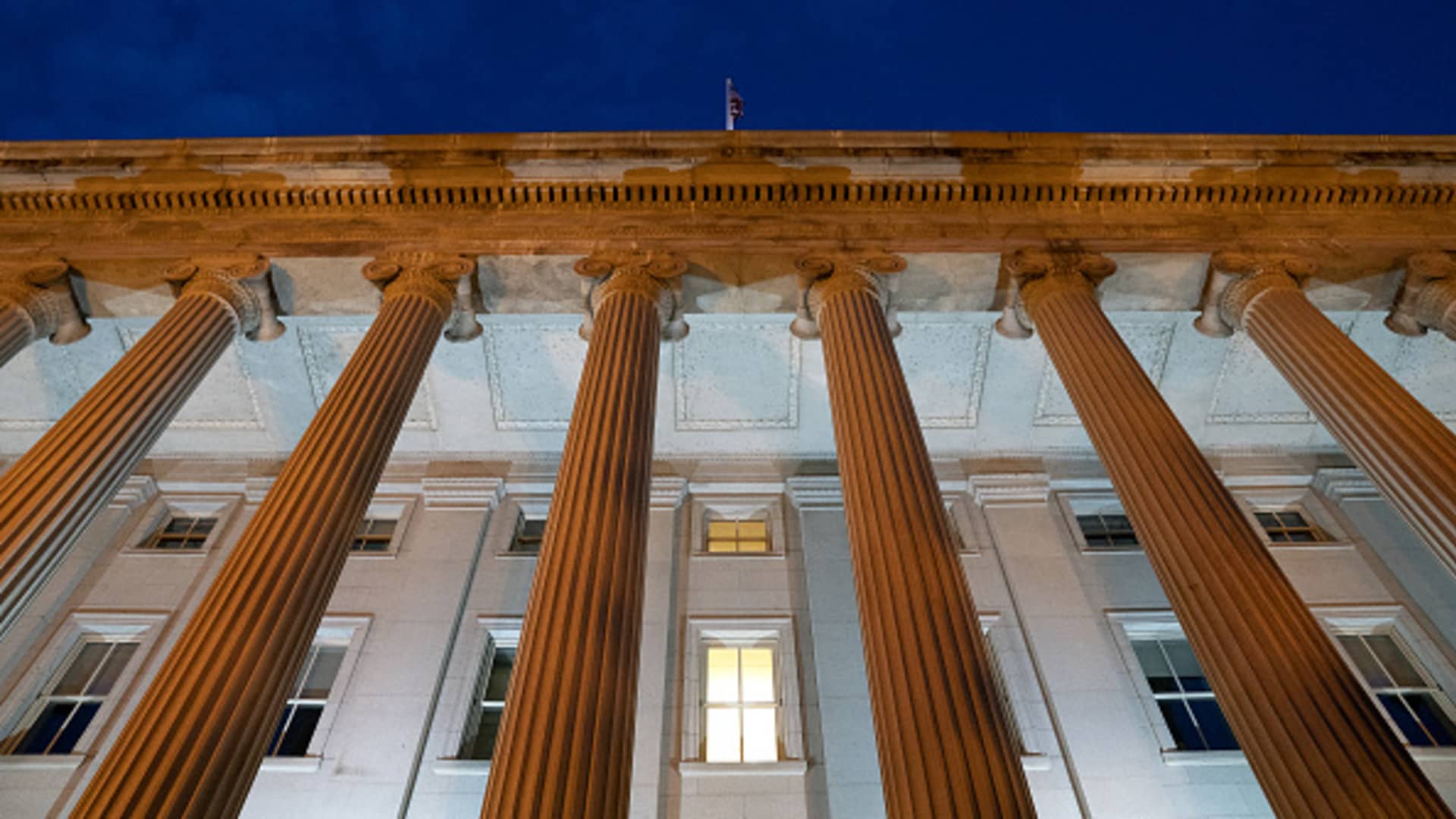The crypto currency market is rife with fraud, failures to comply with existing laws and big swings in volatility, but the recent implosion of digital currency exchange FTX hasn’t hampered the broader financial system, according to a report released Friday by Treasury’s Financial Stability Oversight Committee.
“FTX is a shock to that market,” a Treasury official said, adding that the bankruptcy underscores the committee’s concern about crypto highlighted in a report it released in October.
The committee, which was created after the financial crisis to identify looming risks to the financial system, reiterated its call for Congress to pass legislation that allows U.S. regulators to police spot markets for crypto assets that aren’t securities.
The council also said lawmakers need to address regulatory arbitrage, when companies take advantage of more favorable or lighter regulation in multiple jurisdictions to circumvent tighter oversight in the U.S.
The group uses data from the Consumer Financial Protection Bureau, the Federal Trade Commission and the Securities and Exchange Commission, among other agencies, to spotlight fraud in crypto. Of 8,300 crypto complaints received by the CFPB’s Consumer Complaint Database between October 2018 and September 2022, 40% appeared to be a “fraud or scam.”
Over 46,000 people lost more than $1 billion on crypto trading to scams and fraud between Jan. 1, 2021 through March 31, according to the FTC.
Since fiscal year 2019, the SEC has received over 23,000 tips, complaints and referrals involving the crypto markets.
But while FTX’s failure “precipitated price decreases in Bitcoin and other crypto-assets,” there has been “limited impact on the broader U.S. financial system” due to the current regulatory framework, according to the report.
The committee warned that this could rapidly change if participants in the crypto and traditional financial systems continue to devise ways to overlap, therefore increasing the urgency for more regulatory oversight.
Traditional banks, for instance, hold stablecoin as part of their reserve assets, retail investors are increasingly using leverage to trade crypto currencies and crypto has also become more widely available through some traditional financial service companies. Stablecoin is considered to be a less risky type of crypto currency because it seeks to reduce price volatility by deriving its value from a fixed traditional currency or commodity, like the U.S. dollar or gold.
“Such interconnections would broaden the effects of shocks that originate inside the digital asset ecosystem,” the report states.

